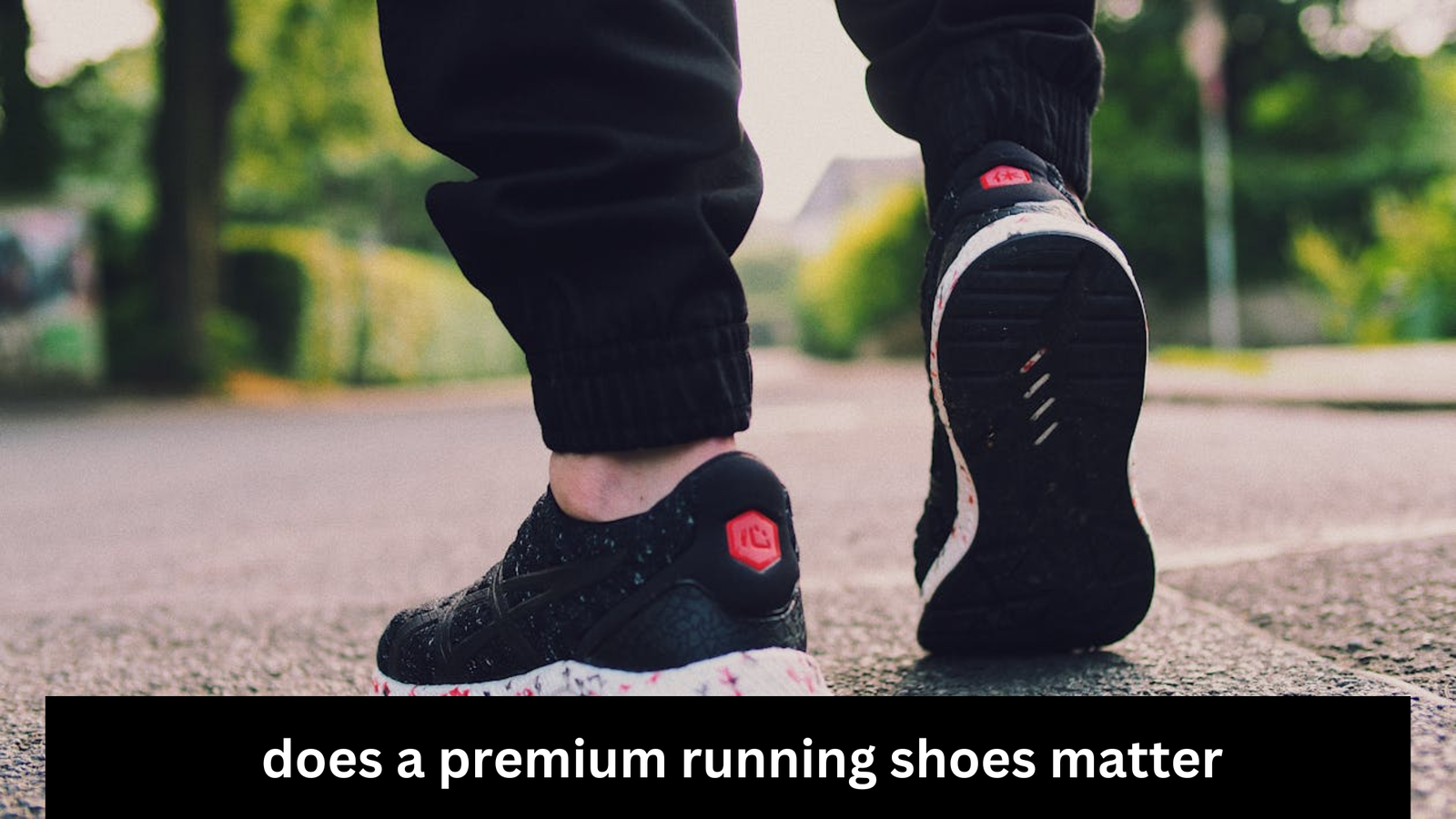When it comes to running, the choice of footwear can make a significant difference in performance, comfort, and overall experience. For many runners, the debate between investing in premium running shoes versus opting for more affordable options is a common one. In this article, we delve deep into whether a premium running shoe truly matters and what factors you should consider when making your decision.
Understanding Premium Running Shoes
Premium running shoes are often marketed as high-quality products that offer superior materials, advanced technology, and enhanced durability. These shoes are designed to cater to the needs of both casual joggers and professional athletes. But what exactly sets them apart from regular running shoes?
1. Advanced Cushioning and Support:
One of the primary features of premium running shoes is the advanced cushioning systems they offer. Brands invest heavily in research and development to create midsoles that provide optimal shock absorption, reducing the impact on your joints. This is particularly beneficial for long-distance runners or those who have a history of injuries.
2. Enhanced Durability:
Premium shoes are generally made with higher-quality materials, which not only increase their lifespan but also ensure they maintain their structural integrity over time. This means that while the initial investment might be higher, the long-term value could outweigh the cost.
3. Superior Fit and Comfort:
Comfort is key when it comes to running, and premium shoes often excel in this area. They typically offer a better fit, with features like adaptive lacing systems, breathable fabrics, and moisture-wicking liners. These elements work together to provide a more personalized and comfortable experience, reducing the likelihood of blisters and other common running-related issues.
The Science Behind Premium Running Shoes
The technology behind premium running shoes is constantly evolving, with manufacturers striving to offer the best possible experience for runners. Here are some of the most common technologies you’ll find in premium shoes:
1. Energy Return Systems:
Many premium shoes now incorporate energy return systems in their midsoles. These systems are designed to return a portion of the energy you exert with each step, helping to propel you forward more efficiently. This can lead to improved running times and reduced fatigue over long distances.
2. Stability Features:
For runners who overpronate (where the foot rolls inward excessively), stability features in premium shoes can be crucial. These shoes often include medial posts or firmer foam on the inside edge to prevent overpronation, reducing the risk of injury.
3. Lightweight Materials:
In recent years, there has been a trend towards creating lighter running shoes without sacrificing cushioning or support. Premium shoes often utilize advanced materials such as carbon fiber plates or lightweight foams to achieve this balance, making them ideal for competitive runners.
Does a Premium Running Shoe Matter?
Whether or not a premium running shoe matters depends largely on the individual runner’s needs and preferences. Here are some factors to consider:
1. Running Goals:
If you’re training for a marathon or other competitive events, investing in a premium shoe could provide the performance edge you need. However, if you’re a casual runner who jogs a few times a week, a mid-range shoe might suffice.
2. Foot Type and Pronation:
Understanding your foot type and pronation pattern is crucial when selecting a running shoe. Premium shoes often offer a wider range of options tailored to specific needs, such as stability shoes for overpronators or neutral shoes for those with a natural stride.
3. Budget Considerations:
While premium shoes offer numerous benefits, they come at a higher price point. It’s essential to weigh the cost against the potential advantages and determine whether the investment aligns with your running habits and goals.
Comparing Premium vs. Regular Running Shoes
To further illustrate the differences, here’s a comparison between premium and regular running shoes:
| Feature | Premium Running Shoes | Regular Running Shoes |
|---|---|---|
| Cushioning | Advanced systems for optimal shock absorption | Basic cushioning, adequate for casual use |
| Durability | High-quality materials for longer lifespan | Standard materials, may wear out faster |
| Fit and Comfort | Superior fit with adaptive features | Standard fit, may require more break-in time |
| Technology | Incorporates advanced tech like energy return | Limited or no advanced technology |
| Price | Higher cost due to premium features | More affordable, but with fewer features |
FAQs About Premium Running Shoes
1. Are premium running shoes worth the investment?
Premium running shoes can be worth the investment if you’re serious about running and need the extra support, durability, and technology they offer. However, for casual runners, a mid-range shoe might be a more cost-effective option.
2. How often should I replace my premium running shoes?
The lifespan of premium running shoes can vary, but generally, they should be replaced every 300-500 miles, depending on the type of terrain you run on and your running style.
3. Can premium running shoes help prevent injuries?
Yes, many premium running shoes are designed with features that can help prevent common running injuries, such as overpronation control, enhanced cushioning, and better fit. However, it’s essential to choose a shoe that matches your specific needs.
4. Do premium running shoes make you faster?
While premium running shoes can improve efficiency and comfort, making you feel faster, they won’t necessarily make you faster on their own. Training, conditioning, and other factors play a significant role in speed.
Also Read: Are Charly Shoes Good for Running? Latest Update
Conclusion: Should You Buy Premium Running Shoes?
Ultimately, the decision to invest in premium running shoes comes down to your personal needs, running goals, and budget. For those who run regularly and seek enhanced performance, comfort, and durability, a premium shoe could be a worthwhile investment. However, if you’re a casual runner, you might find that a well-reviewed mid-range shoe meets your needs perfectly.
